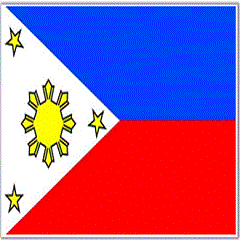CASE: J-1 Waiver of the Two-Year Foreign Residency Requirement, Persecution
NATIONALITY: Filipino
LOCATION: Garden Grove, CA
Our client came to the U.S. on a J-1 visa in July 2021 from the Philippines to work as a teacher. His J-1 visa subjected him to the two-year foreign residency requirement. Our client wishes to file an adjustment of status application based on his U.S. citizen spouse’s I-130 petition. However, due to the two-year foreign residency requirement, he first had to obtain a waiver.
Unlike our other J-1 clients, our client could not pursue a waiver under the No Objection Statement or Interested Government Agency (IGA) categories. Moreover, our client could not pursue his J-1 waiver based on the exceptional hardship standard. Nonetheless, our client could pursue a J-1 waiver under the persecution category, as he believes he will be persecuted based on his same-sex marital relationship with his current spouse.
A person can file a J-1 waiver under the persecution basis if they believe they will be persecuted based on their race, religion, or political opinion if they return to their home country. The Waiver Review Division will proceed with the waiver recommendation under this basis only if USCIS makes a finding of persecution.
Our client believed he would be persecuted if he returned to the Philippines based on his marriage in the U.S. His marriage is culturally and religiously forbidden in the Philippines. After he retained our firm, we prepared and filed a waiver request based on persecution. On September 25, 2023, the J-1 Waiver (Form DS-3035) application was filed with the Department of State. Thereafter, our office prepared an affidavit from our client, an extensive brief in support of his J-1 waiver application, and other supporting documents to demonstrate that he would be persecuted in the Philippines if he returned. On September 28, 2023, our office filed the I-612 application with USCIS, requesting that they issue and recommend this waiver based on the fact that our client will be persecuted if he is required to return to the Philippines for two years.
Eventually, USCIS issued his I-612 approval notice on February 6, 2025.
